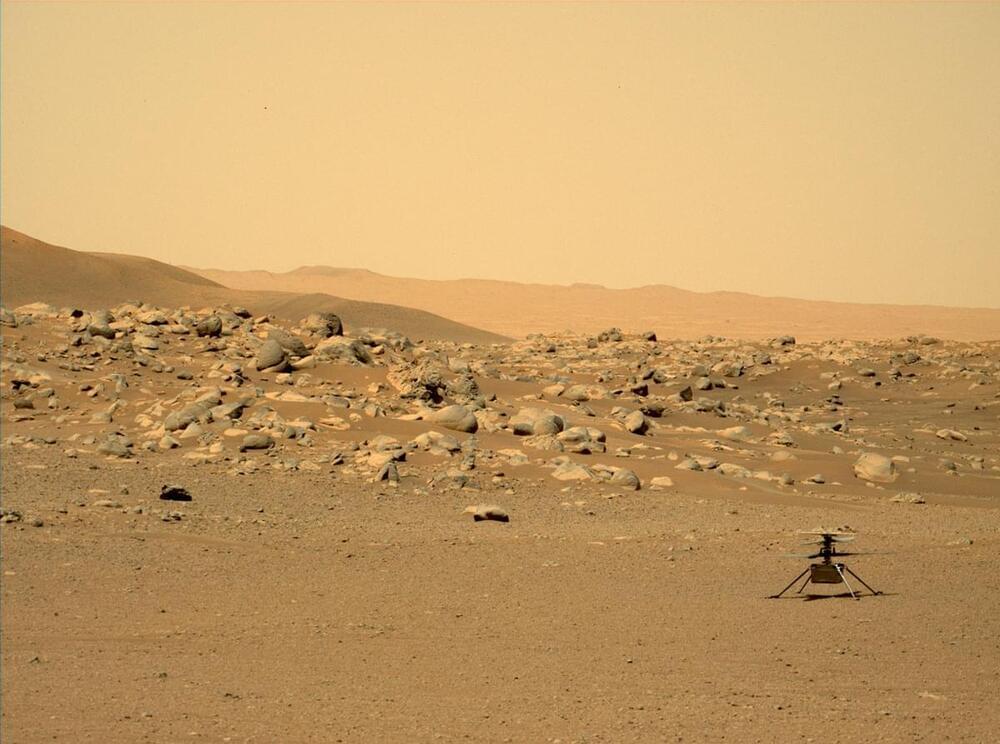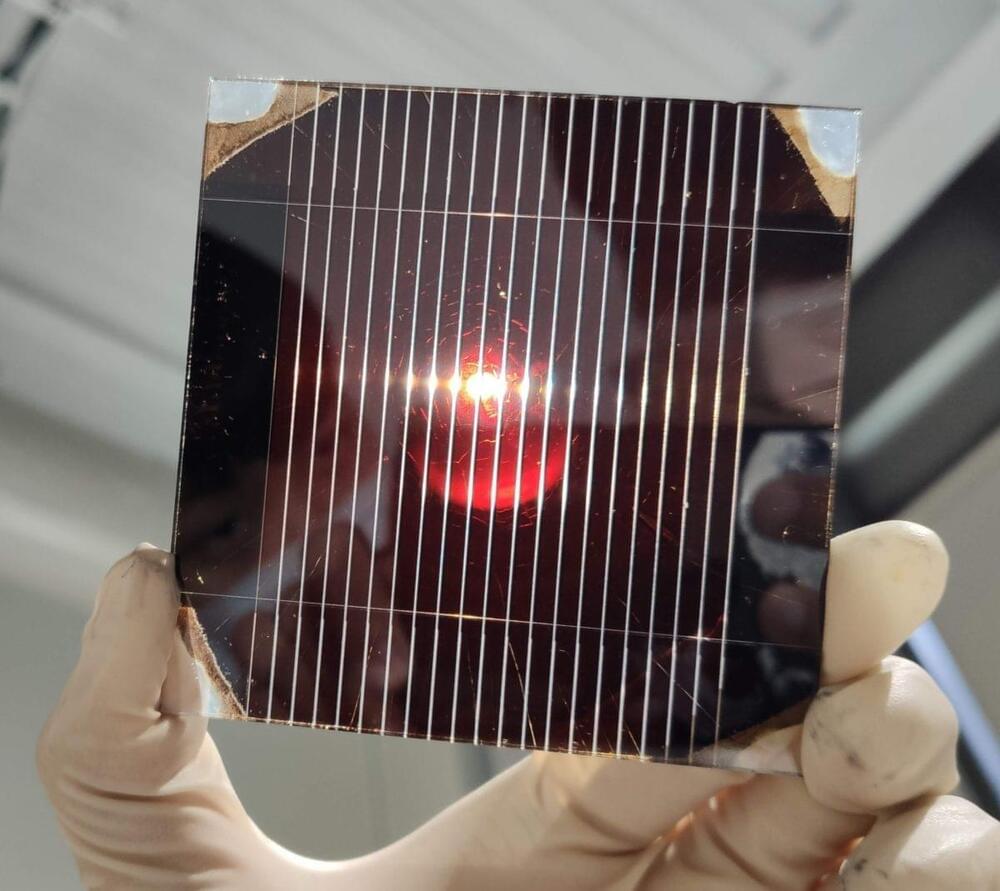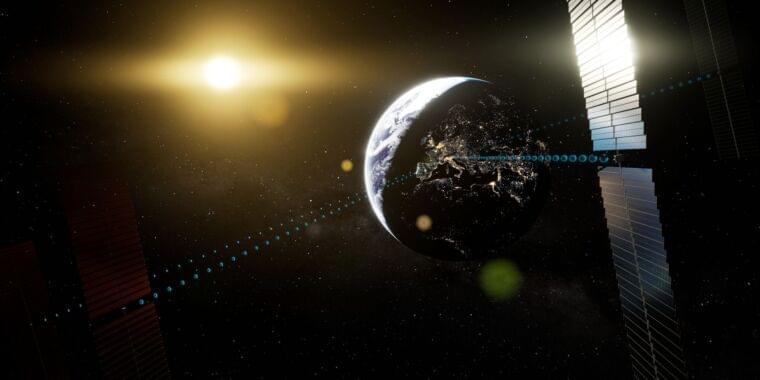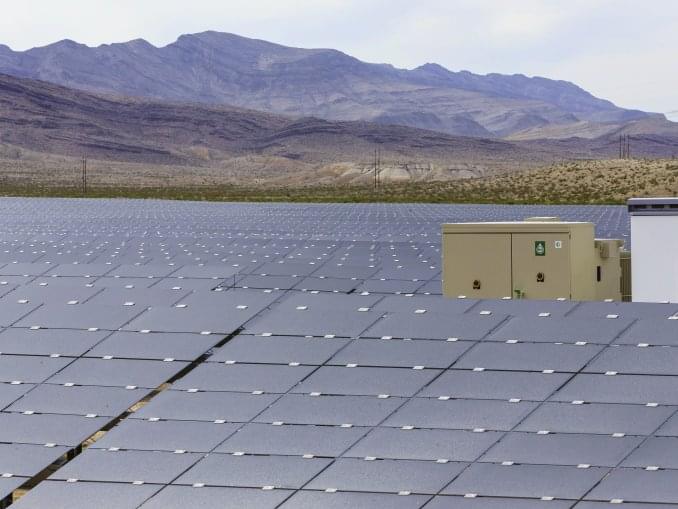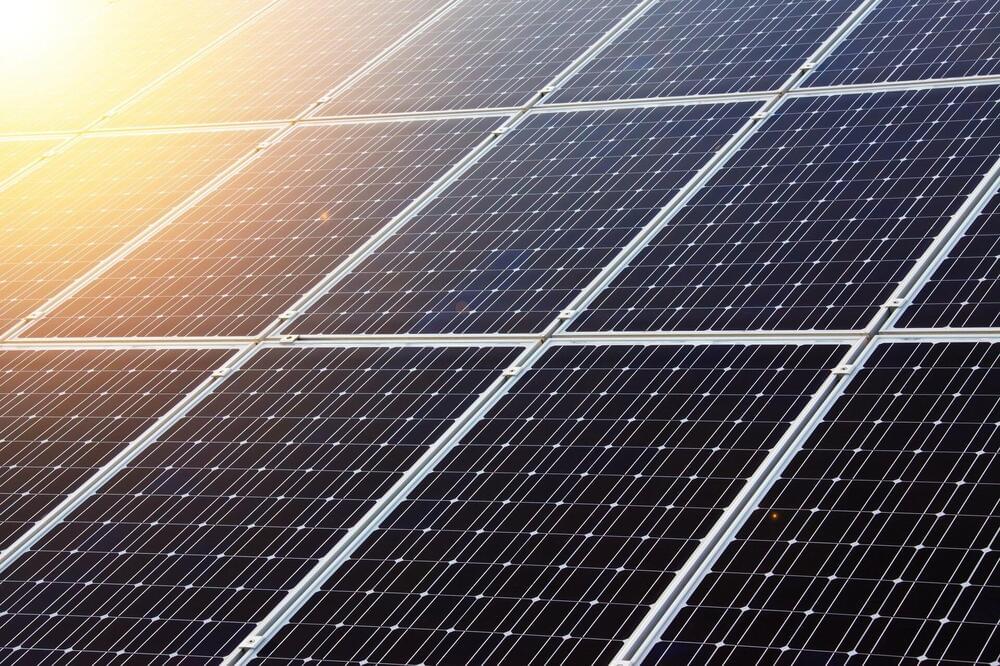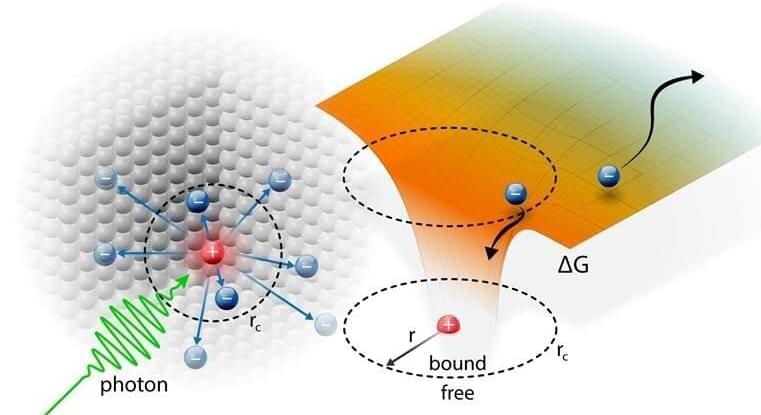Aug 25, 2022
A new concept for low-cost batteries
Posted by Wise Technology in categories: solar power, sustainability
As the world builds out ever larger installations of wind and solar power systems, the need is growing fast for economical, large-scale backup systems to provide power when the sun is down and the air is calm. Today’s lithium-ion batteries are still too expensive for most such applications, and other options such as pumped hydro require specific topography that’s not always available.
Now, researchers at MIT and elsewhere have developed a new kind of battery, made entirely from abundant and inexpensive materials, that could help to fill that gap.
The new battery architecture, which uses aluminum and sulfur as its two electrode materials, with a molten salt electrolyte in between, is described today in the journal Nature, in a paper by MIT Professor Donald Sadoway, along with 15 others at MIT and in China, Canada, Kentucky, and Tennessee.



